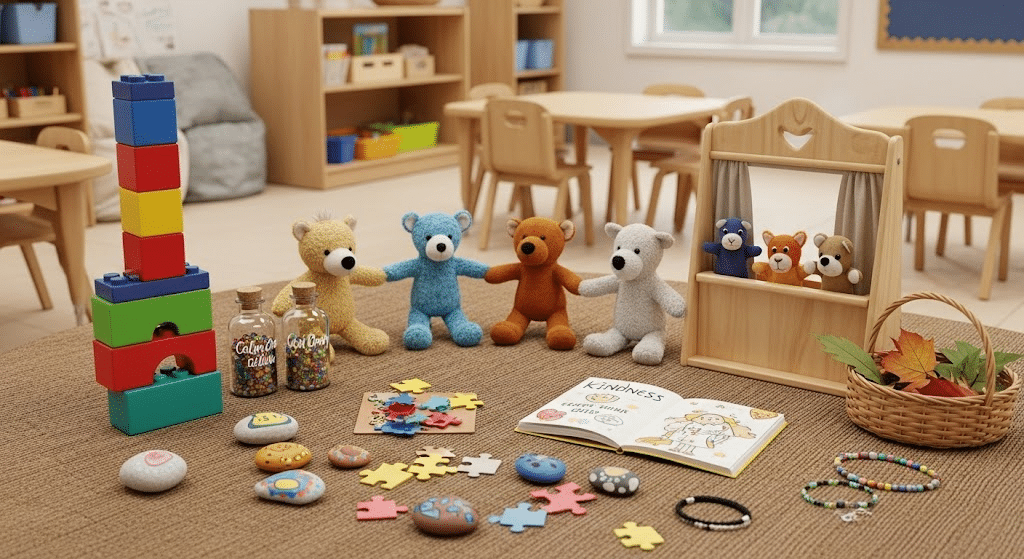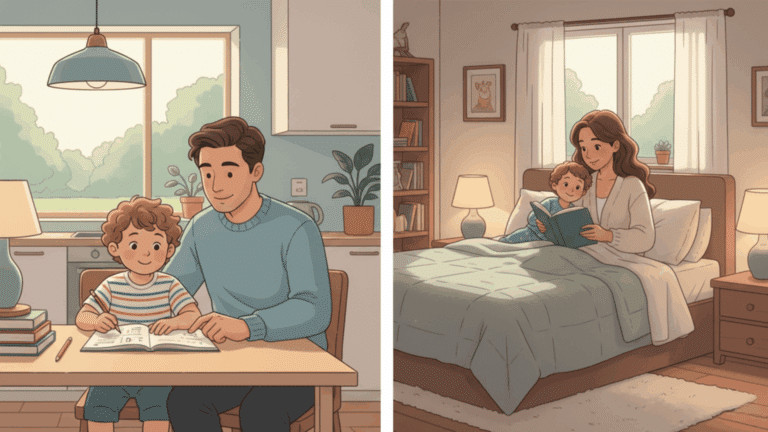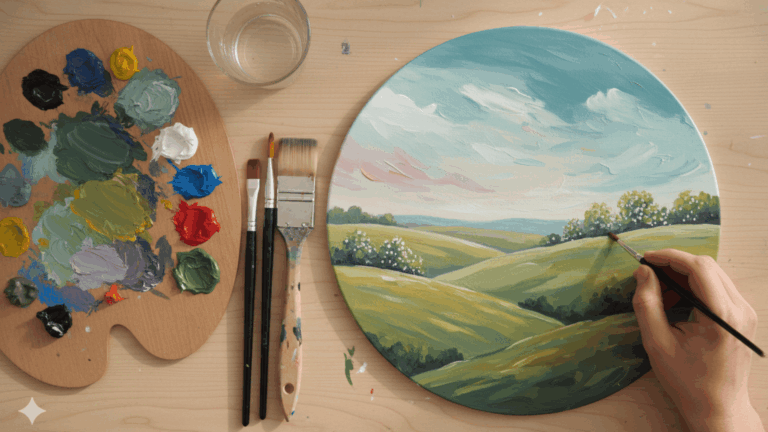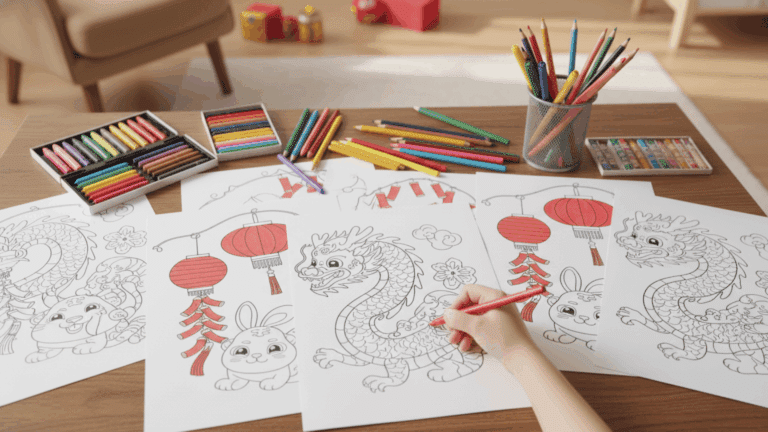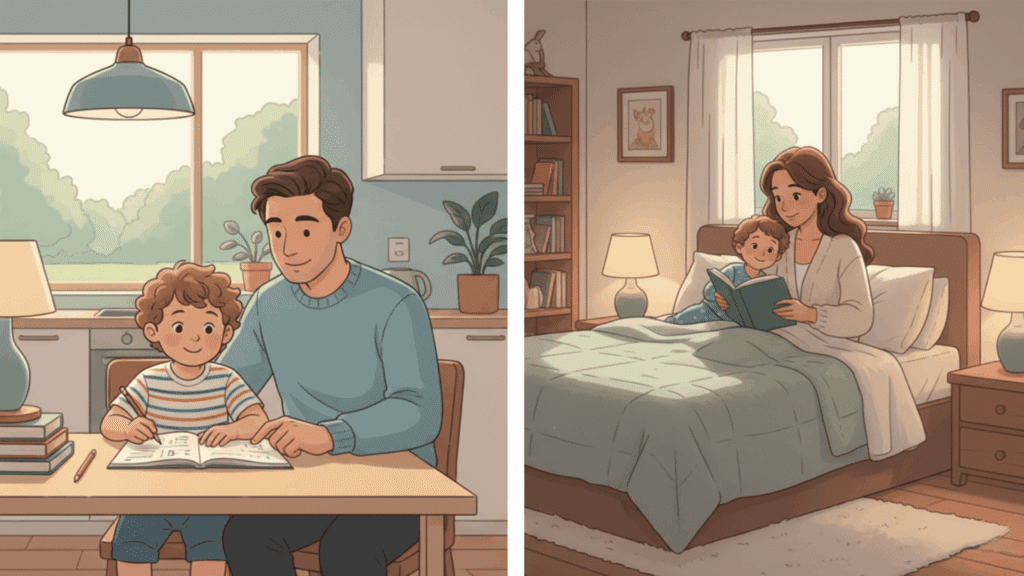Did you know that preschoolers who develop strong social skills early are more likely to succeed in school and life?
Most parents focus on teaching their 3-5 year olds letters and numbers.But social and emotional development activities for 3-5 year olds are just as important for young children.
These activities help kids understand feelings, make friends, and learn to work with others. This blog will show you fun and simple activities that boost social and emotional growth in preschoolers.
You’ll learn how to help your child build empathy, manage big feelings, and create positive relationships through play.
What Is Social and Emotional Development?
Social and emotional development helps young children understand their own feelings and connect with others. It teaches kids how to recognize emotions in themselves and their friends. This type of growth also shows children how to control their reactions when they feel upset or excited.
Engaging in social and emotional development activities for 3-5 year olds is especially important at this stage. For preschoolers, these activities help them learn to share toys, take turns, and work together. Children start to understand that other people have feelings too.
Through these activities for 3-5 year olds, they begin to care about how their actions affect their classmates and family members.
Exciting Social and Emotional Development Activities
Social and emotional development activities for 3-5 year olds nurture children’s ability to understand feelings, build friendships, cooperate, and resolve conflicts, laying the groundwork for healthy relationships and lifelong success.
Heart & Mind Play Activities
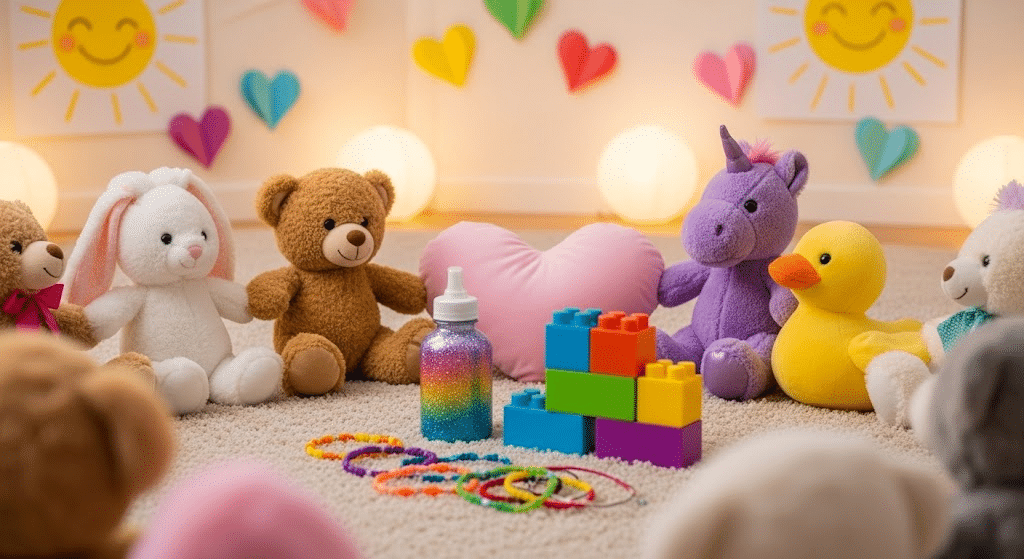
Social-emotional learning activities help young children recognize, express, and manage their feelings while building empathy, gratitude, and communication skills.
These playful, hands-on experiences lay the foundation for healthy relationships and lifelong emotional well-being.
1. Emotion Charades
Kids act out feelings (happy, sad, angry) while others guess. Use picture cards for support. Builds emotion recognition through body language.
2. Storytime Sharing
Read books about feelings; discuss characters’ emotions. Kids share similar experiences. Connects reading with emotional awareness.
3. Building Empathy Towers
Stack blocks while naming reasons for different feelings (scared, excited). Encourages empathy and understanding of others’ perspectives.
4. Gratitude Journals
Kids draw or dictate things they’re thankful for. Share entries in circle time. Fosters gratitude and positive thinking.
5. Puppet Show Expressions
Puppets act out strong emotions; kids help solve their problems. A safe way to explore and practice managing feelings.
6. Sharing Circle
Kids take turns sharing feelings or stories. Practice listening and waiting. Builds communication and community.
7. Feelings Bingo
Play bingo with emotion cards. Kids match feelings to facial expressions or scenarios. Teaches emotion identification and vocabulary.
8. Emotion Freeze Dance
Dance, freeze, and show a called-out emotion. Express feelings with faces and bodies. Combines movement and emotional expression.
9. Calm Down Bottles
Kids make glitter bottles to shake and watch when upset. Teaches self-soothing and emotional regulation.
10. Emotions Check-In
Kids point to pictures showing their feelings each day. Option to share why. Encourages self-awareness and communication.
11. Thank You Notes
Create cards or drawings to thank helpers. Practice gratitude and recognizing kindness.
12. Emotion Art Collage
Cut out faces showing emotions from magazines and make a collage. Discuss what each emotion looks like. Reinforces emotion recognition.
13. Mindful Breathing Exercises
Practice simple breathing (blowing up a balloon, smelling a flower) to calm down. Teaches stress management skills.
Cooperative/Team-Building Activities
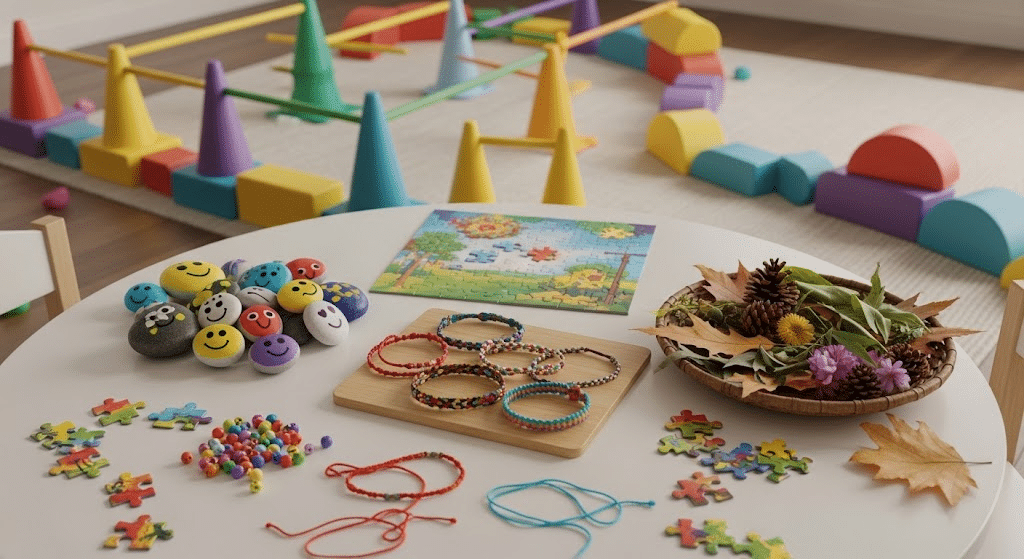
These playful activity experiences foster teamwork, empathy, confidence, and inclusion, preparing kids for positive relationships and future success.
14. Friendship Bracelets
Kids pair up to make bracelets for each other using beads and string. Practice turn-taking, sharing, and choosing colors their partner likes. Builds friendship and giving skills.
15. Kindness Rocks
Children paint cheerful messages or pictures on rocks and hide them for others to find. Encourages spreading kindness and thinking of others.
16. Teamwork Puzzles
Small groups complete puzzles together, sharing pieces and helping each other. Teaches patience, cooperation, and teamwork.
17. Nature Scavenger Hunt
Groups search for items like leaves or flowers outdoors, working together to find everything. Builds teamwork and connects kids with nature.
18. Daily Greetings
Start the day with friendly greetings by name, high-fives, handshakes, or hugs. Fosters community and positive social interaction.
19. Problem-Solving Skits
Kids act out common social challenges (like sharing) and practice solutions. Builds conflict resolution and social problem-solving.
20. Conversation Jenga
Pull a block and answer a simple question about themselves. Encourages sharing and respectful listening.
21. Cooperation Obstacle Course
Children work in teams to complete a course, helping each other at each station. Teaches teamwork, communication, and support.
22. Productive Debate
Kids discuss simple topics (e.g., pizza vs. sandwiches), practicing listening and respectful disagreement. Builds communication and open-mindedness.
23. Vision Board Creation
Children cut out and glue pictures of their dreams or goals, then share with the group. Encourages goal-setting and self-expression.
24. Compliment Chain
Kids sit in a circle and give compliments to the next person. Builds self-esteem and a positive classroom atmosphere.
25. Listening Game
Play games like “Simon Says” that require careful listening and following directions. Develops self-control and focus.
How do These Activities Help?
Social and emotional development activities for 3-to 5-year-olds provide specific benefits that help preschoolers grow in important ways. Each type of activity targets different skills that children need for success in school and friendships.
1. Emotional Literacy: Kids learn to name and express feelings with words, not just actions, making it easier to communicate and manage emotions.
2. Impulse Control: Turn-taking and waiting games teach children to pause, think, and calm themselves before reacting.
3. Empathy & Cooperation: Group play builds teamwork, sharing, and understanding others’ feelings, helping kids form positive relationships.
4. Confidence: Success in social situations boosts self-esteem, encouraging kids to try new things and handle challenges confidently.
Implementing the Activities in Creative Ways
Social and emotional development activities for 3-5 year olds requires thoughtful planning. The way you set up activities and help children makes a big difference in their learning.
- Set up a safe, welcoming space with quiet corners, soft seating, good lighting, and organized materials to encourage sharing and focus.
- Use visual cues and picture schedules; offer simple choices and clear instructions, especially for younger children.
- Adjust activity complexity for different ages; older kids can try more challenging tasks and help younger peers.
- Repeat activities regularly and weave social-emotional learning into daily routines like circle time, snack, and transitions.
- Involve families by sending home easy activity ideas, sharing classroom updates, and teaching parents simple ways to practice social skills at home.
To Conclude
These simple activities create more than just fun moments in your child’s day. They build the foundation for how your child will handle relationships, stress, and challenges throughout their life.
When you make social and emotional learning a regular part of playtime, you give your child tools they’ll use forever.
Don’t think of these activities as extra work or special occasions. Instead, make them part of your daily routine.
The skills your 3-5 year old learns now through play will help them succeed in school, work, and relationships for years to come.


